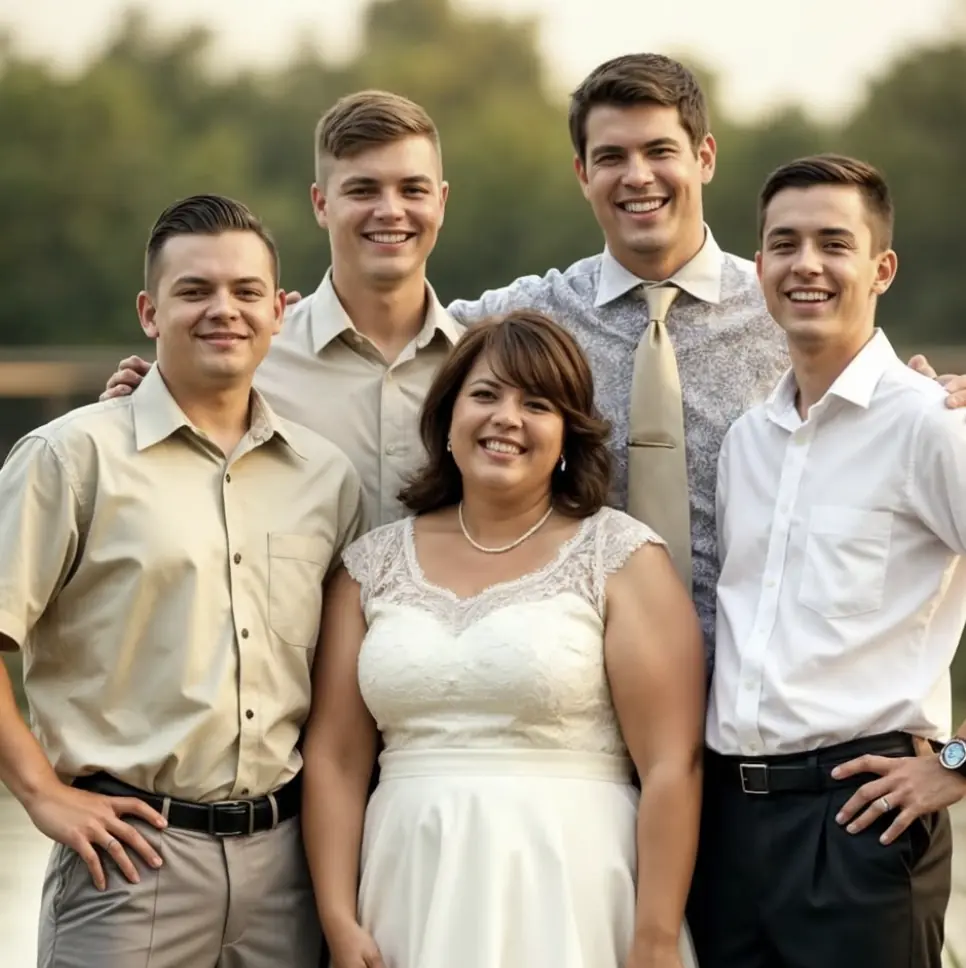
“Where’s the money? Where did you hide it?” Lev screamed. “The operation won’t help you anymore. You won’t get better! But mom needs to go on vacation.”
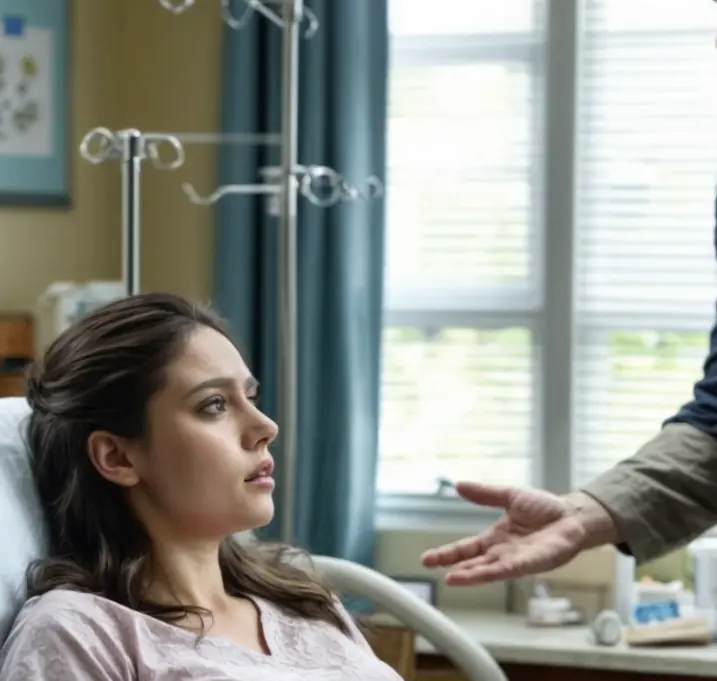
The air in the small apartment smelled faintly of disinfectant and chamomile tea. Marina lay on the bed near the window, her breathing shallow. She had been strong once—sharp-witted, a teacher beloved by many students—but illness had weakened her body and dimmed the light in her eyes. Yet when her son Lev burst into the room, it wasn’t concern in his voice—it was fury.
“Where’s the money? Where did you hide it?” he shouted, grabbing the edge of her blanket. Marina winced, not from pain—but from disbelief. He didn’t even notice.
“The operation won’t help you anymore! You won’t get better! But Mom needs to go on vacation,” he spat, pacing like an impatient wolf. “You’re just… delaying the inevitable. Why waste the money?”
Those words were heavier than her illness. They cut through every memory of his childhood—his first steps, his school plays, the nights she stayed awake to sew costumes or prepare his favorite soup. And now, her own son stood over her, seeing her not as his mother, but as an obstacle.
She closed her eyes, whispering, “Lev… there is still hope. The doctor said—”
“The doctor wants money!” Lev snapped. “Hope doesn’t pay bills. Hospitals don’t care if you believe. You’re not getting better. Face it.”
He stepped closer. His voice lowered, almost threatening. “Mom already packed her bags. She wants to travel before she’s too old. She deserves to live. You had your life—now let her have hers.”
Marina remained silent. Because the most painful part was—deep down, she already knew she was running out of time. The diagnosis was cruel. But Lev didn’t want the truth. He wanted an inheritance.
When he left the room, the door slammed hard enough to rattle picture frames. Marina’s daughter, Katya, rushed in moments later. Her eyes were red. She had heard everything.
“Mom,” she whispered, holding her hand gently. “You don’t have to give anything. I’ll help you. We’ll find a way.”
Marina looked at her daughter—the one who came to every appointment, who brought groceries, who slept on the living room floor when the pain became unbearable. The difference between her two children was like dawn and dusk.
Katya spent the next days making calls, looking for funding programs, talking to doctors. Lev spent them demanding bank statements and pushing his mother to sign power of attorney. He even tried to convince neighbors that she was losing her mind.
But Marina had one secret—something Lev did not know. Years ago, when her husband passed away, she had placed her savings into a separate account, intended for one purpose only: to be used when she reached her final stage of illness. She had told the bank not to grant anyone access unless she requested it personally.
One evening, a nurse came to check her vitals. Lev hovered nearby, impatient. The nurse glanced at him and quietly asked Marina, “Are you safe?”
Marina didn’t answer. But sometimes, silence speaks clearly.
A week later, Katya came up with something unexpected—a doctor who specialized in cases just like hers. He didn’t promise miracles, only dignity and a fighting chance. “I can’t cure you completely,” he said gently. “But I can give you time. More than you think.”
Marina asked calmly, “How much will it cost?”
Lev burst into laughter. “More money? Forget it!” but Katya wasn’t laughing. She leaned forward. “We’ll do a fundraiser. Teachers, neighbors, students—you’ve helped so many people, Mom. Let people help you now.”
The next days were astonishing. Former students sent videos. Neighbors donated. Colleagues visited with envelopes. Even strangers contributed when Katya shared her story online. And then something incredible happened—Marina received a message from a man now living abroad, once her student, now a successful entrepreneur. His message was short:
“You believed in me when no one else did. Now let me believe in you. Check your account.”
The amount was more than enough.
Lev was furious. He demanded access to the funds. He shouted at Katya. He tried to guilt-trip his mother. But Marina sat up, frail but steady, and said, “Lev, this money is not for vacations. It is the price of time—and I intend to use it wisely.”
That was the first time he was speechless.
Weeks passed, and Marina began treatment. Not to chase immortality—but to buy moments. Days with sunlight. Evenings with tea and laughter. Conversations with old students. Memories with Katya. She didn’t get fully better—but she began to live again, gently and honestly.
Lev visited rarely. When he did, his tone was cold. But gradually, something changed. He saw his mother smiling, reading, even walking slowly through the garden. He saw pictures people sent of her decades ago—students hugging her, colleagues celebrating with her. There were letters thanking her for advice that shaped lives. Lev had never known any of it.
One afternoon he stood in her room, quiet. He picked up a framed photo of himself as a child next to her. “Did you… ever hate me?” he asked quietly.
“No,” she said. “I only feared that one day… you might forget what love looks like.”
He didn’t cry—but his voice cracked. That was enough.
Marina didn’t live forever. But when her final day arrived, she was calm. Her daughter held her hand. Her son sat beside her, quiet, thoughtful. She left peacefully—not as a burden, but as a woman who had shaped lives.
After the funeral, Katya found a letter addressed to both children. It ended with one sentence:
“I didn’t leave you money—I left you my example. That is wealth which cannot be spent… only lived.”
Lev didn’t speak for a long time. But sometimes, silence means understanding.
And little by little, he remembered what love looked like.
News in the same category


Husky melts hearts hugging baby sister while they sleep
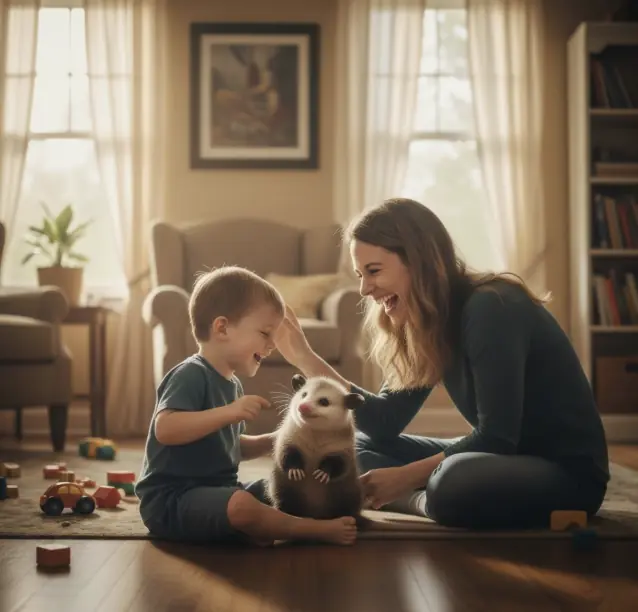
Mom Stifles Laughter As Little Boy Shows Off “Very Cute Animal” He Found

My mother is threatening to take our apartment away if we don’t let her come to the dacha,” my husband confessed to me, and I got seriously angry

I Married My College Sweetheart—Then Found Out He Was Still In Love With My Sister

My Best Friend Became My Boss—and Suddenly I Was Fired Over Her Revenge

George, the Brave Little Terrier Who Saved Five Children

The Lantern Dog of Maple Street
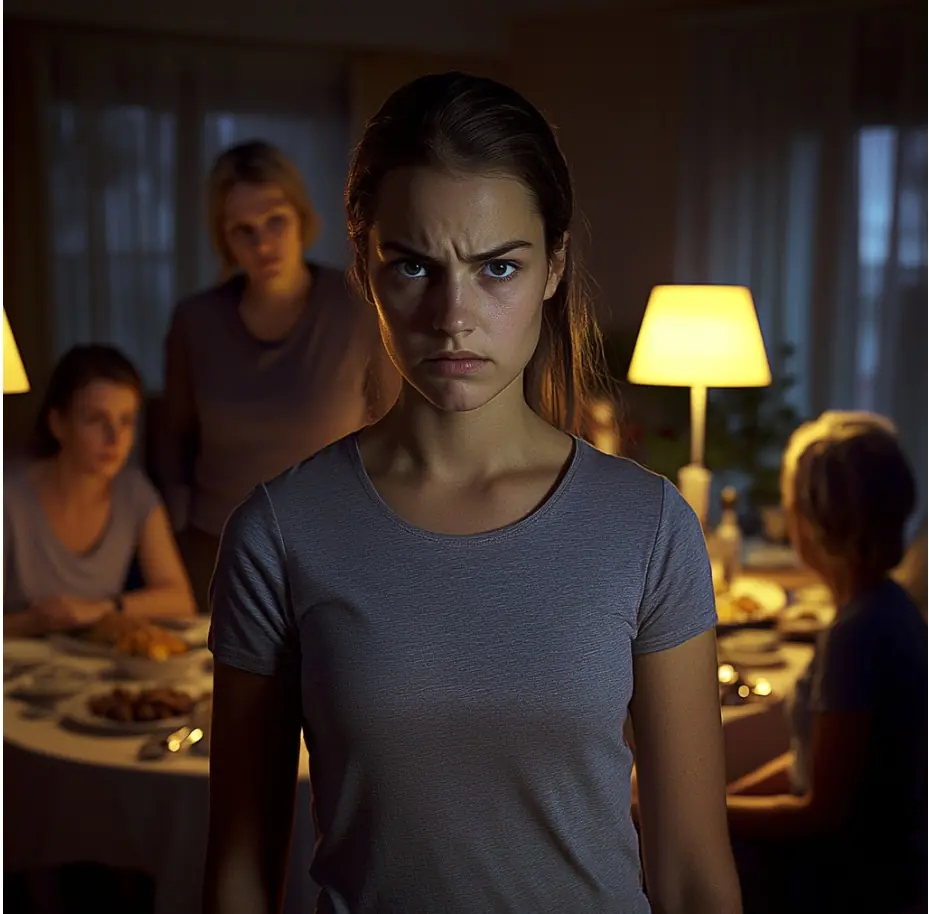
Refusing to Serve: A Bride’s Stand Against Endless Family Chores

A Family’s Hidden Financial Divide: When Favoritism Leads to Collapse
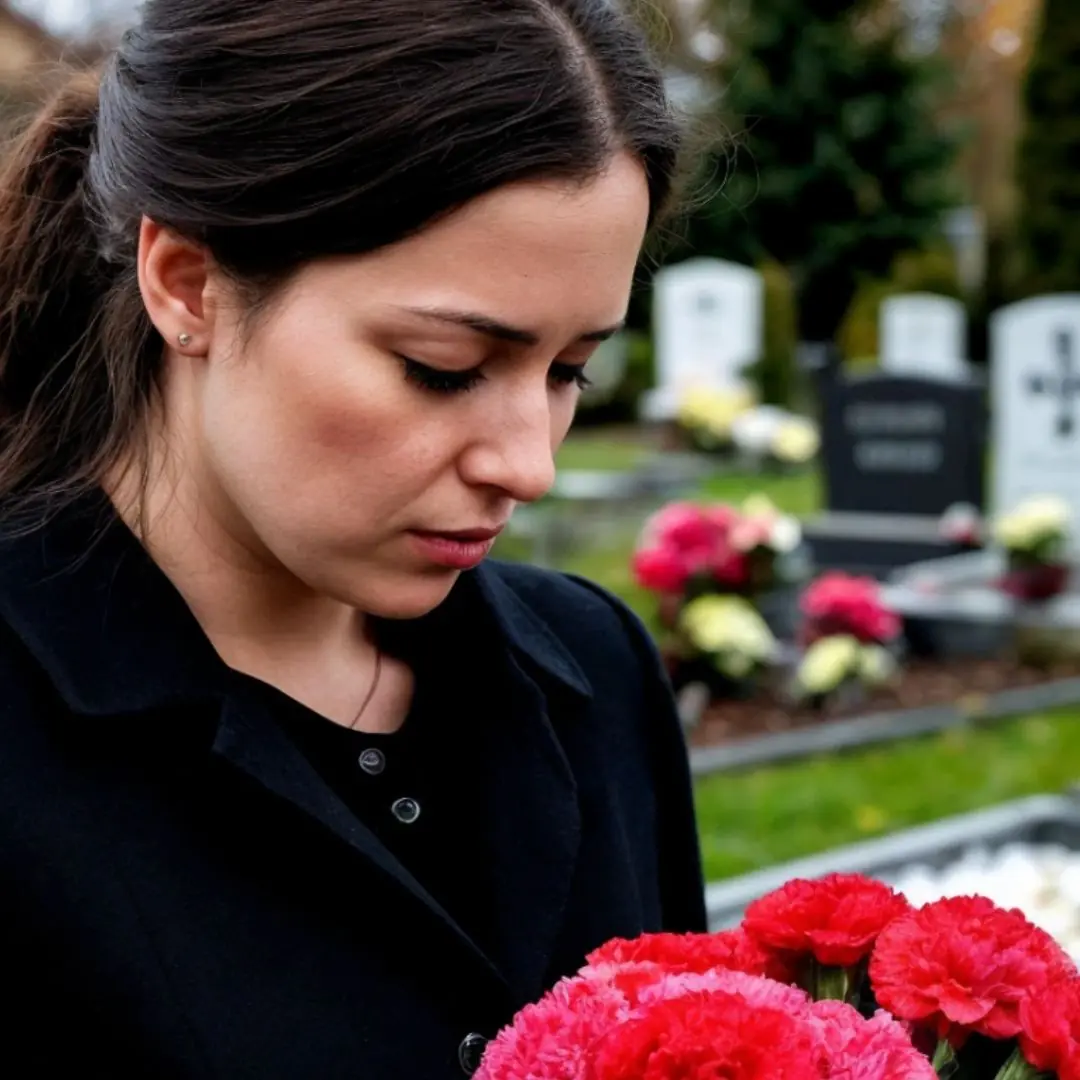
After my daughter’s funeral, I accidentally overheard a conversation of my fiancé. At that moment, I realized: not a single second can be wasted

My son is divorcing you, so pack your things—take your daughter’s too—and vacate the room,” the mother-in-law said coldly to her daughter-in-law

I came to apologize, to talk calmly, and you… You’re hysterical,” the man said

“I’ve found someone else. Pack your stuff and get out of my apartment,” the husband declared, but the wife only laughed

14-Month-Old Boy Meets A Dog For The Very First Time

The Unexpected Reunion on My Wedding Day

My Apartment Belongs to My Mother-in-Law: A Tale of Unexpected Consequences
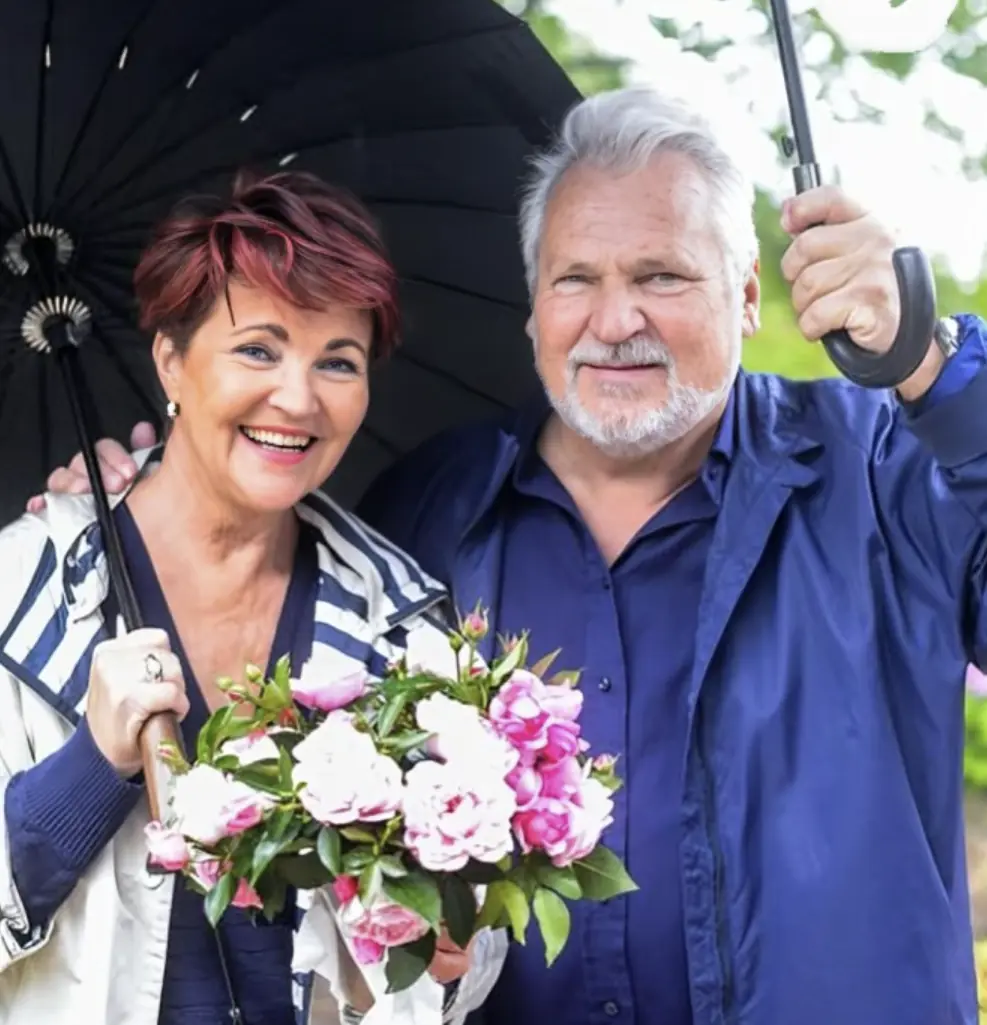
We were the happiest couple in the world.
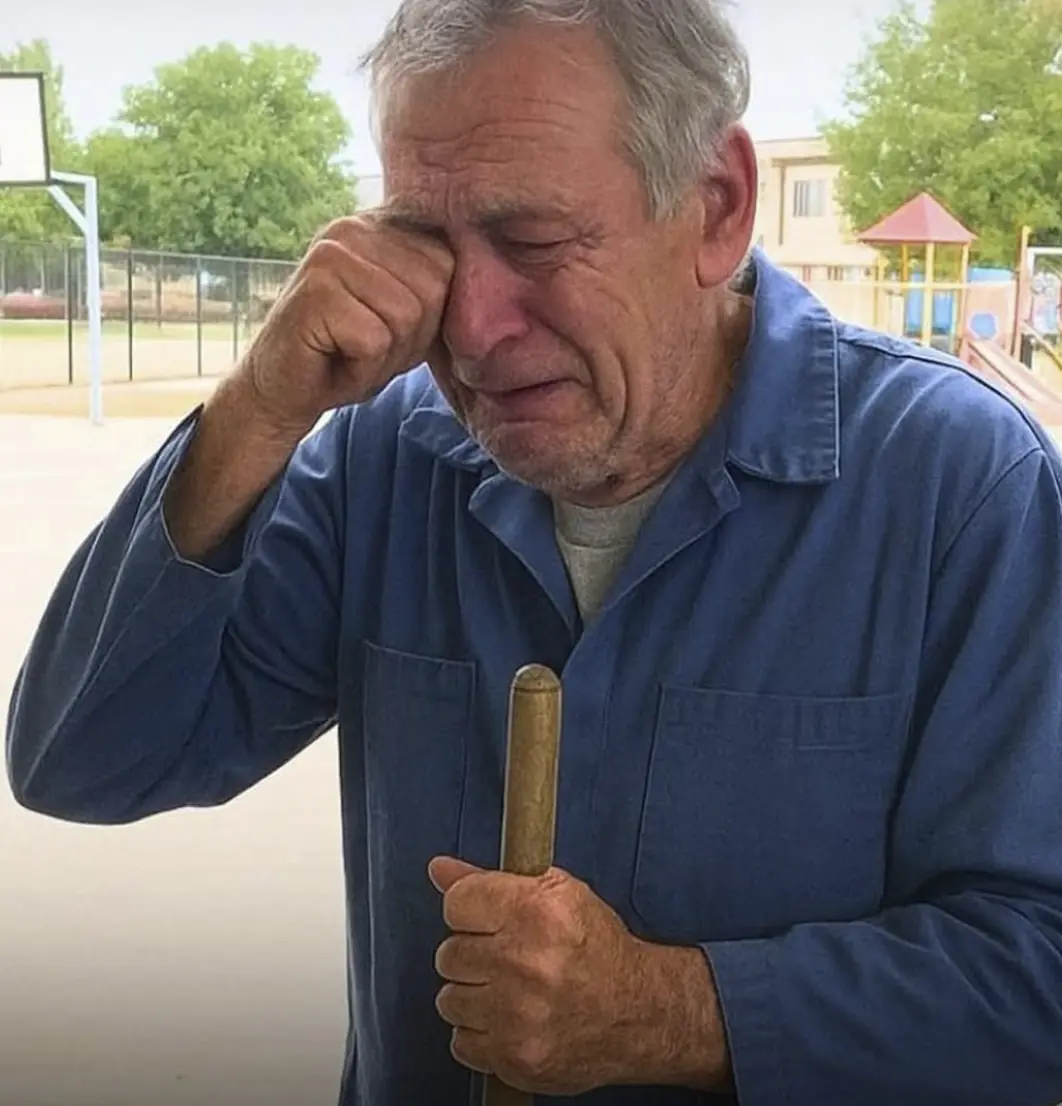
School principal dismisses elderly janitor and regrets it deeply after noticing his old, worn-out watch – A story of realization
News Post

My four children opposed my marriage—when I found out why, my heart shattered

Husky melts hearts hugging baby sister while they sleep

Mom Stifles Laughter As Little Boy Shows Off “Very Cute Animal” He Found

My mother is threatening to take our apartment away if we don’t let her come to the dacha,” my husband confessed to me, and I got seriously angry

Creamy Garlic Butter Mussels in White Wine Sauce

Cheese-Stuffed Mushroom Chicken Breast (Restaurant-Style)

The Flan That Melts Your Heart

Why shouldn't I install surveillance cameras in my home?

Coconut Pineapple Banana Bread
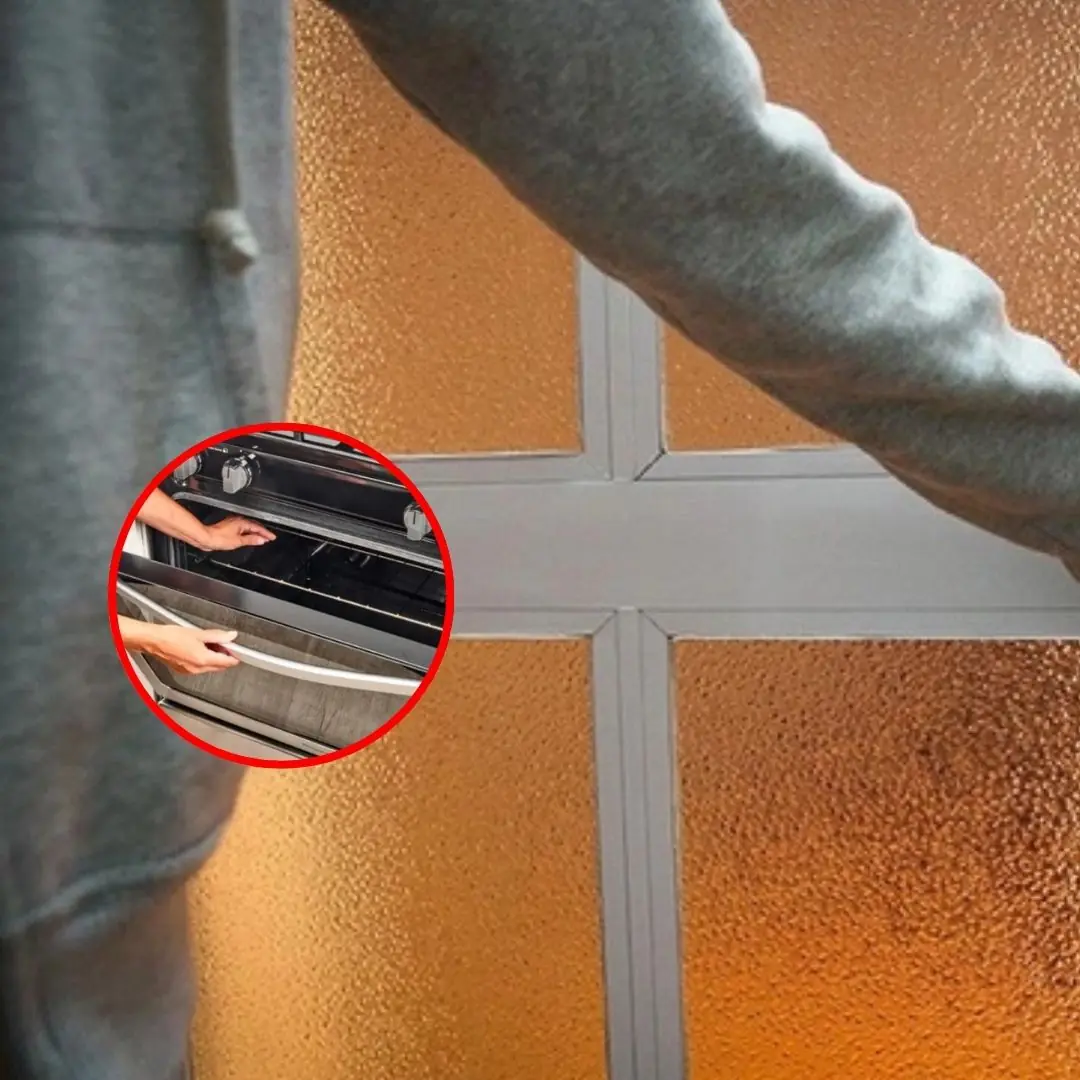
Winter is coming, no need to buy a heater, the house is still warm thanks to this, homeowners save 50% on electricity bills every month
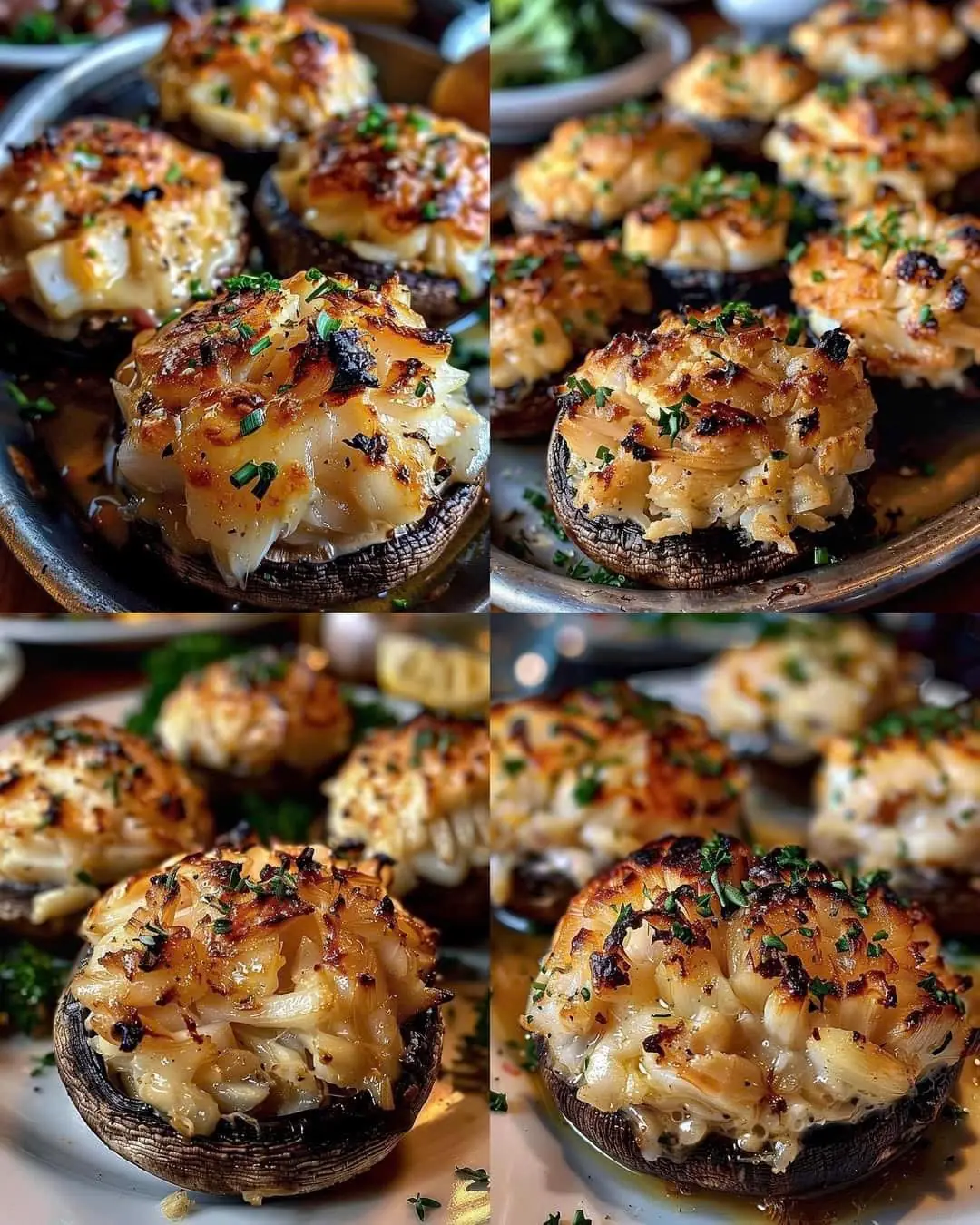
Cranberry & Spinach Stuffed Chicken Breasts with Brie — An Elegant, Flavorful Dish for Home Cooking

I Married My College Sweetheart—Then Found Out He Was Still In Love With My Sister

Panna Cotta with Raspberry Sauce

My Best Friend Became My Boss—and Suddenly I Was Fired Over Her Revenge

Mango Yogurt Smoothie Parfait

Mix Rice With This Ingredient and Place It in the Corners of Your House

Honey Garlic Crispy Chicken – Recipe

Shrimp & Broccoli Stir-Fry (Garlic Teriyaki Style)
